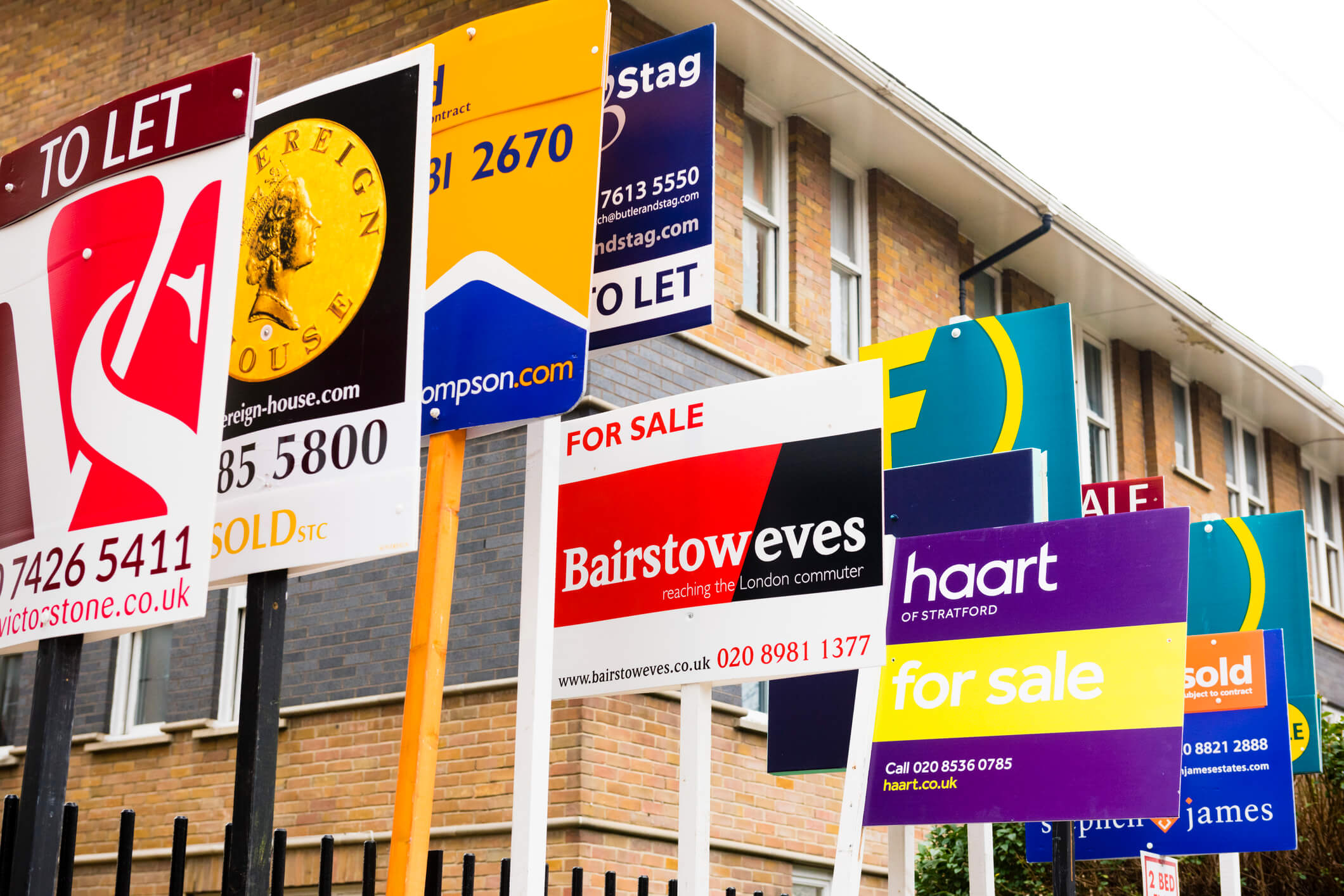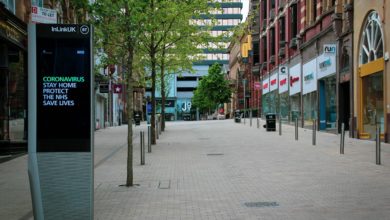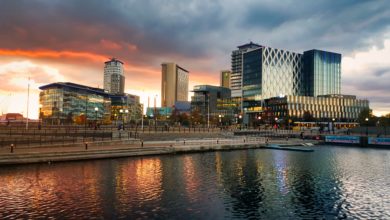Property Investment
‘Brexit Effect’ Takes Its Toll On London Property Market

Official figures revealed today show that the ‘Brexit effect’ is well and truly taking hold – and London’s property market has been hit the hardest.
According to new figures, the average value of a home in London dropped 0.2% in September – the only location in England to see prices fall. The average value of a home in the capital now stands at £483,568 – still markedly higher than anywhere else, but possibly now on the decline thanks to the uncertainty still surrounding Brexit.
Six of the capital’s thirty-three local authorities (Brent, The City, Westminster, Enfield, Kensington & Chelsea and Lambeth) saw prices fall year-on-year, indicating this is an issue that’s been brewing for quite some time.
Despite the average value of a home falling in the capital, prices still rose by 2.5%. However, that’s half the national average, which currently stands at 5.7% – could the London property boom be slowing down once and for all?
Estate agents have shrugged off suggestions that this could be a blip for the capital, with one expert calling the city ‘a serious laggard’. In the twelve months to September 2017, prices in the capital increased at around a third of the pace of those in other regions around the country. As equity moves from ‘overpriced’ London to more affordable areas, the capital’s most prestigious postcodes are starting to look a little less appealing.
So is Brexit to blame? When you consider that house prices in London were rising at 11.6% per year at the time of the Brexit referendum in June 2016, it’s easy to draw a connection between the two. London has perhaps been hit hardest by the exodus of EU nationals, and investors are reluctant to make future plans within the city while the terms of the Brexit deal are still so uncertain.
Of course, there are other contributing factors, with many experts pointing to the higher stamp duty rates as a reason why demand is slowing. Home sales in London are falling, and with the vast majority of properties in London subject to the 5% tax rate (which covers the portion of the property from £250,001 to £925,000), it’s easy to see why so many people are reluctant to buy in the capital.
Experts claim it’s too early to talk of London’s property market seizing up altogether – but a storm does appear to be brewing. The knock-on effect of Brexit, combined with higher stamp duty and other factors like stagnant wages could spell the end for the London property bubble which has been growing for the best part of a decade.











